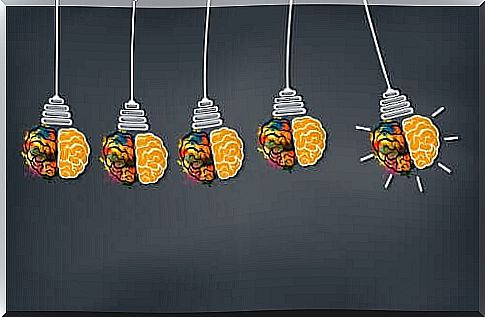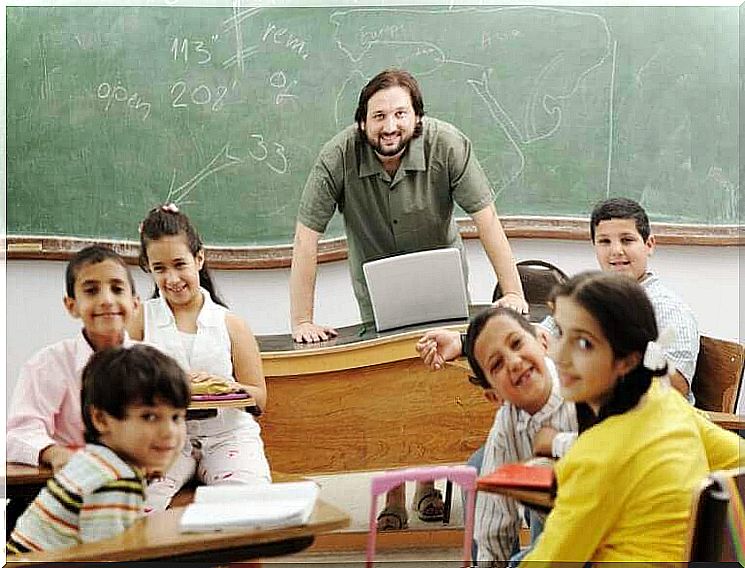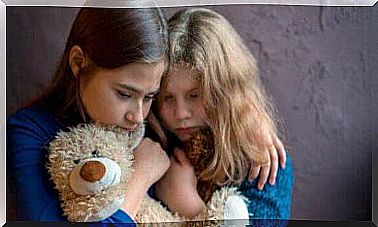6 Quotes From Howard Gardner On Education: Multiple Intelligence

Howard Gardner is an American psychologist and researcher. He is best known for his theory of multiple intelligence, in which he describes that there are at least nine different types of intelligence. Linguistic, logical-mathematical, visual / spatial, musical, bodily / kinesthetic, natural intelligence, social, existential and self-knowledge.
In this article, we will try to reproduce some of his most famous quotes.
Gardner’s views on education and multiple intelligence
According to Howard Gardner , we use and combine different types of intelligence to different extents, each in a personal and unique way. Therefore, everyone has their own intellectual profile where you are more competent in some areas, and less in others. In addition, he believes that we express our own creativity through these types of intelligence.
So when trying to understand education, you have to do it from an inclusive perspective where:
- You work with all learning areas
- Teachers use Gardner’s theory of multiple intelligence with their students during the lesson

6 quotes from Howard Gardner on education
1. “Every human being has a unique combination of intelligences. This is the fundamental challenge for education. “
In order to give children a good education , we must know their potential and give them the opportunity to develop fully. The education system must be able to give individual attention to each student, and value all kinds of intelligence equally.
“We can ignore differences and assume that all brains work the same way, or we can take advantage of these differences.”
Not all children learn in the same way, all have a specific intellectual profile and a specific way of learning. This must be taken into account in order to provide a good education and take into account each student’s needs.
“The advent of new technology forces us to educate children in a new way.”
Information and communication technology can facilitate teachers’ work. Today, there are many innovative methodologies in education that use computers, tablets and other electronic devices. Thanks to this, it is possible to work with and stimulate all types of intelligence.
4. “Children make an impression in life by doing what they can, not what they cannot… School is important, but life is more important. To be happy is to use your knowledge in a productive way, no matter what it is. ”
According to Gardner, intelligence includes the ability to solve a problem or make products that are important in a cultural context.

Therefore, the point of education is to acquire knowledge and abilities that are useful in everyday life and for future development. In this way, the children grow up to be adults who in some way contribute to society.
5. “The goal of education is to help people use their brains better.”
As I said, there are different types of intelligence, and in school the goal is to teach children to use them all effectively.
6. “We should spend less time categorizing children and more time helping them identify their natural talents and skills and then develop them. There are hundreds and hundreds of ways to succeed and many, many different skills that will help you get there. ”
Quite often, children are compared to each other, especially when it comes to academic achievement. However, it is a serious mistake because each student has their own abilities.
Therefore, the focus of teaching should be on each child’s intellectual profile and on their strengths. It is the school that should adapt to the students, not the other way around.









